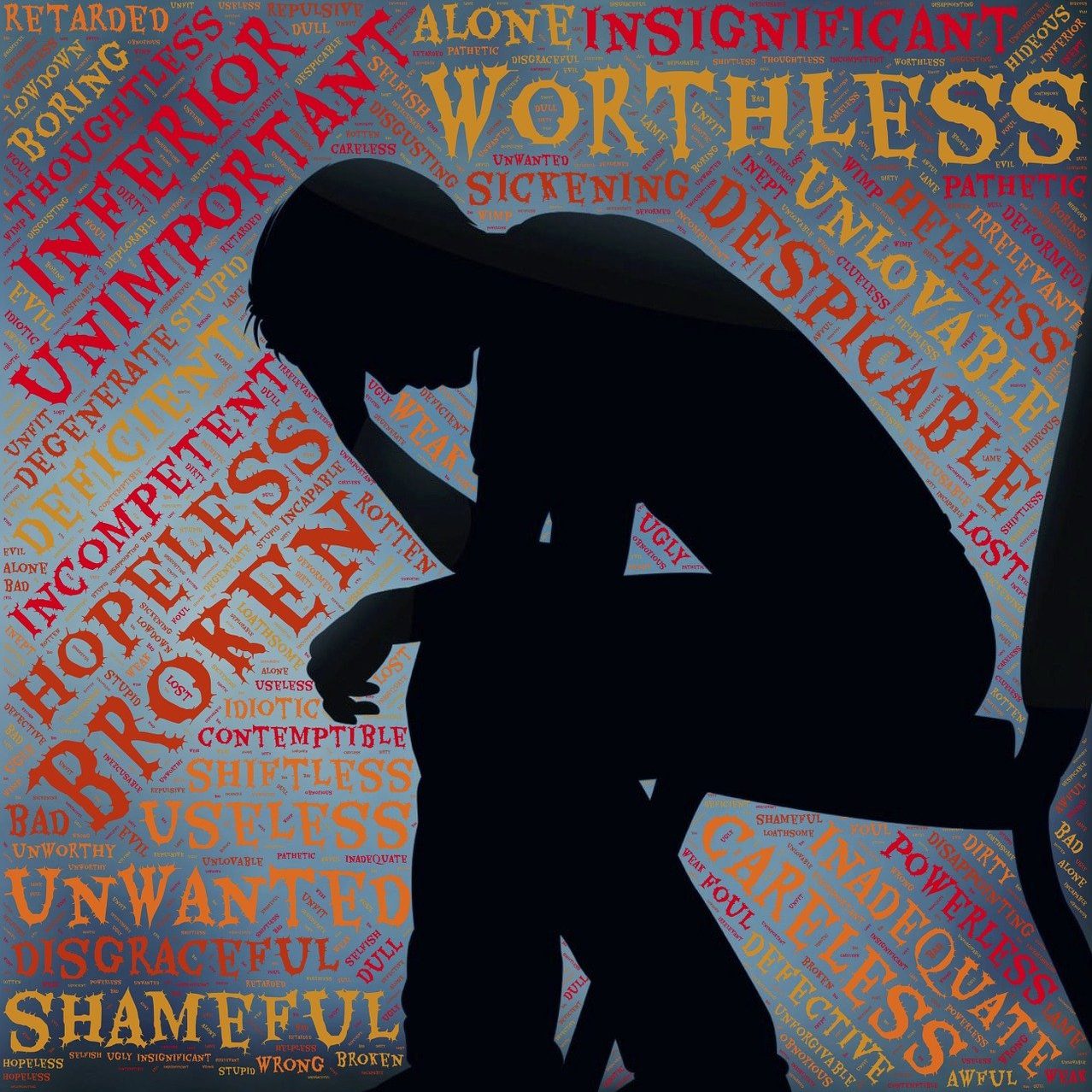Be active
If you have a stress-related problem, physical activity can get you in the right state of mind to be able to identify the causes of your stress and find a solution. Sometimes speaking to a counsellor can help with this process. To deal with stress effectively, you need to feel robust and you need to feel strong mentally. Exercise won’t make your stress disappear, but it will reduce some of the emotional intensity that you’re feeling, clearing your thoughts and enabling you to deal with your problems more calmly.
Take Control
There’s a solution to any problem. If you remain passive, thinking I can’t do anything about my problem, your stress will get worse. That feeling of loss of control is one of the main causes of stress and lack of wellbeing. The act of taking control is in itself empowering, and it’s a crucial part of finding a solution that satisfies you and not someone else. Addressing your time management might be helpful or seeking professional help might be your choice of “doing something about your stress”.
Connect with People
A problem shared is a problem halved. A good support network of colleagues, friends and family can ease your work troubles and help you see things in a different way. If you don’t connect with people, you won’t have support to turn to when you need help. The activities we do with friends help us relax and we often have a good laugh with them, which is an excellent stress reliever. Talking about things with friends can also help you to find solutions to your problems.
Have some me time
You have to have a good work-life-balance. We all need to take some time for socialising, relaxation or exercise. Set aside a couple of nights a week for some quality “me time” away from work. By earmarking one or two days means you won’t be tempted to work overtime on those days.
Challenge yourself
Setting yourself goals and challenges, whether at work or outside, such as learning a new language or a new sport helps to build confidence. That in turn will help you deal with stress. By constantly challenging yourself you’re being proactive and taking charge of your life. By continuing to learn, you become more emotionally resilient as a person. It arms you with knowledge and makes you want to do things rather than be passive, such as watching TV all the time.
Avoid unhealthy habits
Don’t rely on alcohol, smoking or caffeine as your ways of coping. Over the long-term these crutches won’t solve your problems. They’ll just create new ones. It’s like putting your head in the sand. You need to tackle the cause of your stress to see positive change.
Do volunteer work
Evidence shows that people who help others, whether it is friends or strangers, can gain resilience. Helping others that are in a worse position than yours can help you put your problems into perspective. On a more basic level, do someone a favour every day. These favours might be helping someone cross the road or going out on a coffee run for your work colleagues. Favours cost nothing to do and you’ll feel better.
Work smarter, not harder
Good time management means quality work rather than a quantity of work. Our long hour working culture is a well-known cause of workplace illness. You need a work-life balance that suits you. Working smarter means prioritising your work and concentrating on the tasks that will make a real difference to your work. Leave the least important tasks till last. Accept that your in-tray will rarely be empty at the end of the day.
Be positive
Look for the positives in life, and things for which you’re grateful. Write down three things at the end of the day which went well or for which you are grateful. Sometimes we lose sight of what we have. Try to look at the glass as being half full rather than half empty. This can be done by making a conscious effort to train yourself to think more positively. Problems are often a question of perspective. If you change your perspective you will see your situation differently. Perhaps see it from a more positive perspective.
Accept the things you can’t change
Changing a difficult situation isn’t always possible. If this proves to be the case, recognise and accept things as they are and concentrate on everything that you do have control over. If your company is going under and is making redundancies, there’s nothing you can do about it. There’s no point fighting it. In such a situation, you need to focus on the things that you can control such as looking for a new job.

Annette Wright
How We Can Help
We offer a comfortable, therapeutic experience so you feel safe and secure when reaching out for help.
Anxiety
Anxiety and panic attacks can be very debilitating. There are a number of types of anxiety disorders and our trained psychologists can help in overcoming them.
Work Stress
Workplace situations can add to an individual’s personal stress levels. We can offer interventions and methodologies to assist in dealing with these stressors.
Relationships
Successful healthy relationships take work and can be difficult to succeed with. Our counsellors can offer guidance and assistance in helping you and your partner get there.
Depression
A very common problem which ranges from mild depression to clinical depression of which there are a number of types. Along with counselling – relaxation, positive thinking, diet and exercise can also help.
Self Esteem
Problems with how satisfied we are of ourselves can be changed. Individuals can do this but sometimes the help of a professional is needed, especially if low self worth is the result of other problems such as depression or anxiety.
AusPsychology
Our caring and highly qualified professionals in Brisbane are university trained, registered with the psychologists board and members of the Australian Psychological Society. They have extensive knowledge, skills, and experience in understanding people and their behaviour.
Get In Touch
07 3367 0333
Find Us
Milton Village Medical
Level 1/36 Baroona Road
Milton QLD 4066




